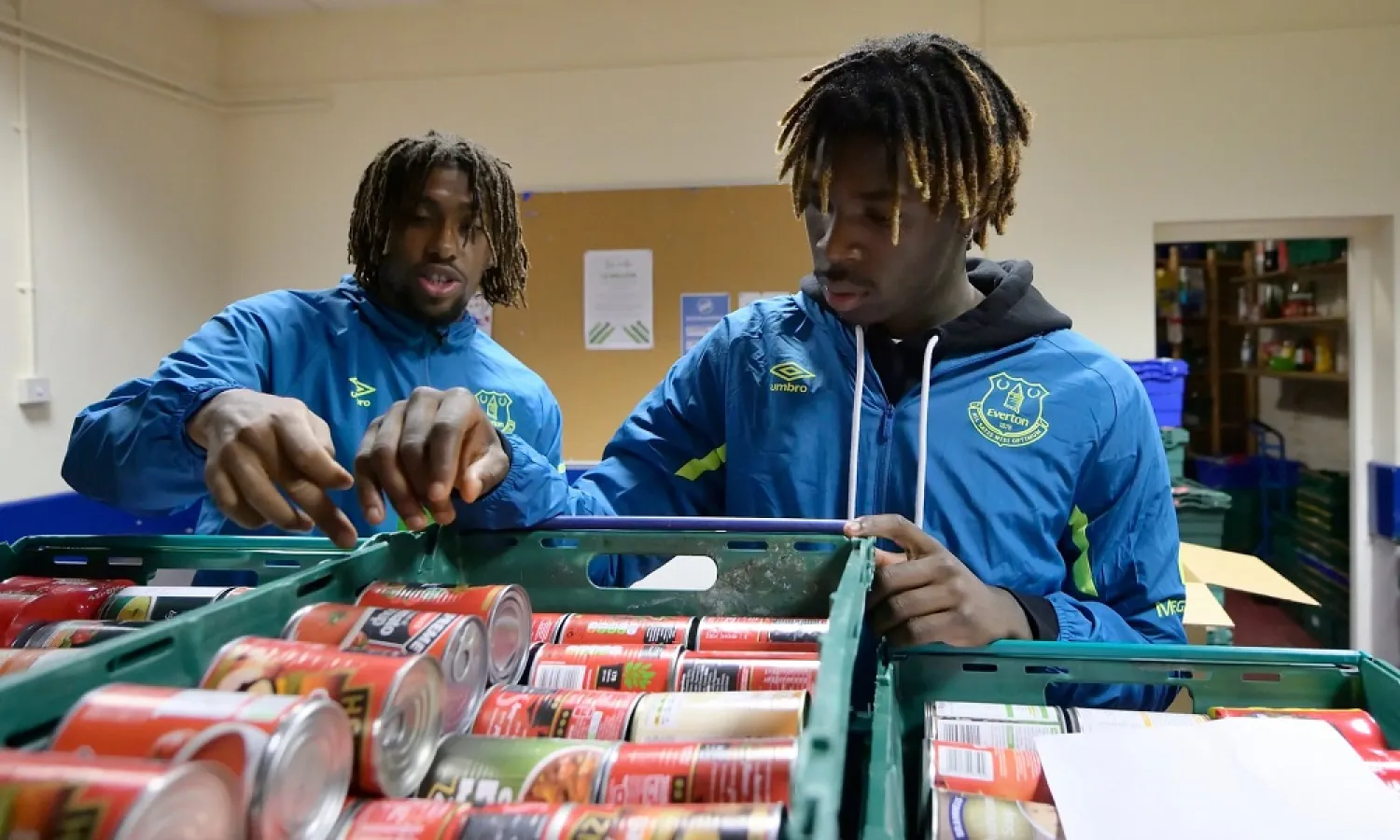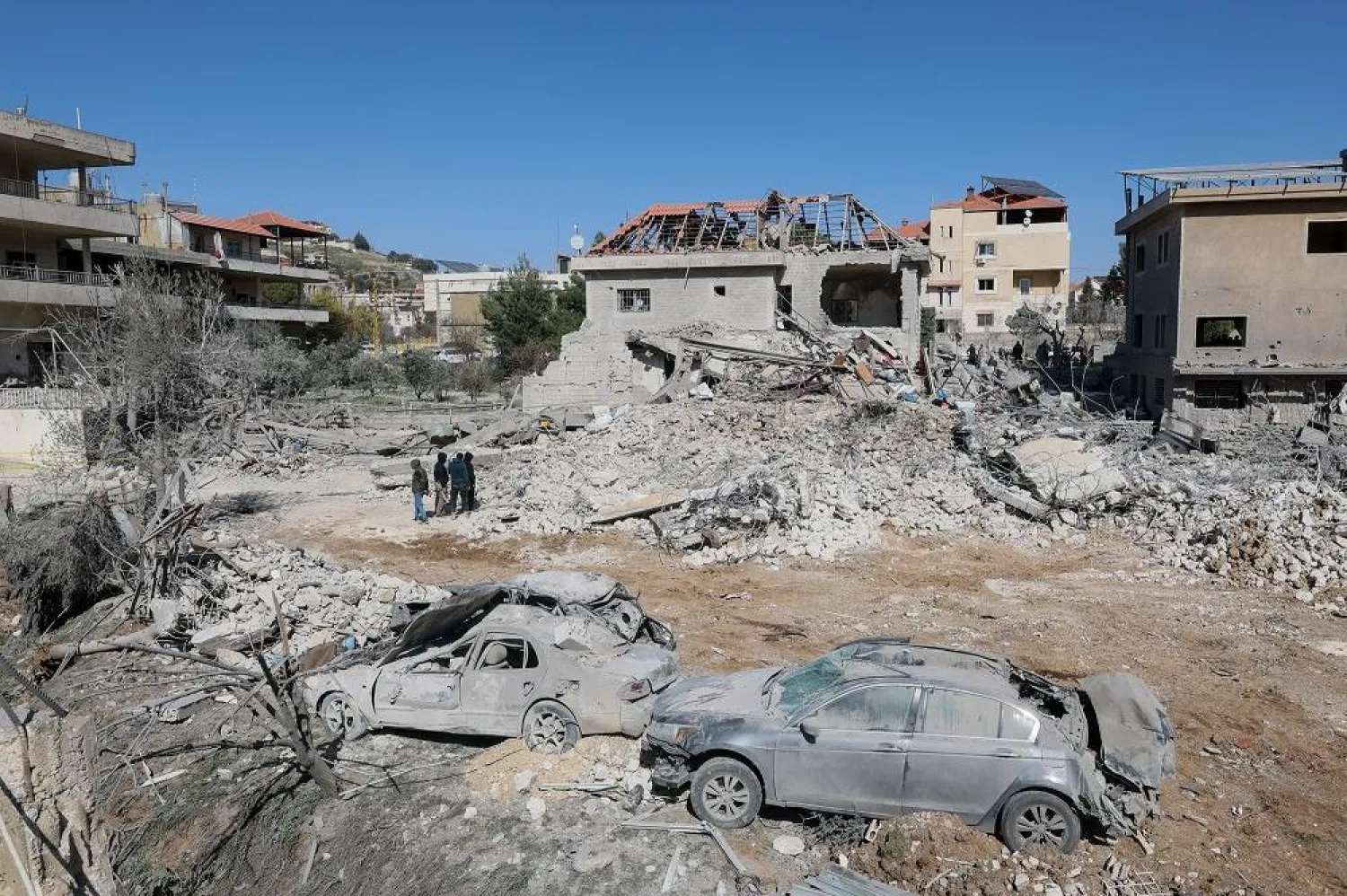“What is football without a crowd?” Pep Guardiola asked a couple of weeks ago, just before it became plain that crowds of any kind now had to be avoided.
The short answer is not very much. Football has probably only just realized how much of its appeal lay in its ability to attract and entertain large numbers of people packed close together. Football stadiums are designed to accommodate crowds, to facilitate companionship; up and down the country those large edifices now standing empty and silent are powerful reminders that the human urge to congregate and commune is what has been suspended indefinitely.
Consider also the distinct lack of appetite for any sort of behind-closed-doors conclusion to the various loose ends of the season. No one is really going to do that, surely? It is hard to imagine anything more likely to demonstrate that football’s imperatives and emergencies are utterly disposable when set against the present difficulties in the real world. As an industry with crowd-pleasing as its raison d’etre, football is just going to have to wait until crowds can make a reappearance, however long that might take.
That does not mean the game has to stand idly by on the sidelines while the time of contagion passes, and nor is it. As befits a wealthy operation with legitimate claims to be community-based, football has responded in several different ways to the crisis. Manchester City and Manchester United were quick to announce a joint £100,000 donation to a local foodbank scheme, an approach also mirrored by Everton and Liverpool.
Watford have made their ground available to the NHS – Vicarage Road is close to a hospital, so think conference facilities and car parking rather than daytime kickabouts – and Chelsea have done the same with their luxury hotel. Gary Neville and Ryan Giggs were the first to announce they would keep their hotel running and make the beds available for NHS purposes, before Guardiola made a donation of €1m to help provide medical equipment in Spain.
Many leading players around Europe have made similar charitable contributions, either to nearby medical centers or to hard-pressed health workers back in their homelands. Of course, they can afford it, though there is no need to be cynical about football’s efforts to support the community when so many multimillionaire captains of industry and commerce seem to be going out of their way to appear aloof and uncaring.
Most clubs want to be seen to be doing something, whether it is donating equipment to local hospitals (Wolves), offering free tickets to frontline NHS workers for future games (Brighton and Bournemouth), or checking up on the more vulnerable members of their local community (Everton). Brighton are also telephoning elderly supporters who might be living alone to provide reassurance and help if necessary. “It’s a small but practical thing we can do to help support people that mean a lot to us,” the club’s chief executive, Paul Barber, explained.
All very commendable, though entirely predictably the virus has also exposed faultlines within football itself. The industry is not universally thriving, as we all know in a season that featured the demise of Bury and severe financial crises at similar-sized clubs, and neither do the often grotesque levels of wealth generated by the Premier League percolate through the divisions as effectively as one might wish.
While Arsenal were able to announce they would continue paying all their match-day staff and casual workers until April 30, a pledge most Premier League clubs have been able to match, Birmingham were among the first English clubs to find it necessary to propose a 50 percent pay cut as a deferral of wages for players earning £6,000 a week or more. A day later, when mighty Barcelona admitted they would be asking all their players to take a 70 percent cut until normal football can resume again, Birmingham probably wished they had gone a little further. Everyone will be joining in soon.
While most playing squads are happy to take cuts or deferrals in wages to help ensure clubs’ non-playing staff still get paid, the swiftly emerging reality is that most football wage bills are a barely tolerable burden at the best of times, and this is clearly not that. Birmingham are closer to the top than the bottom of professional football’s financial pyramid in this country, otherwise they would not be paying anyone £6,000 a week, but the effect of sudden, enforced inactivity has been to highlight the inescapable fact that what appears from the outside to be a slick business is actually a house of cards, stability always precarious due to the enormous drain on resources exerted by the players’ wages.
That principle tends to run through the whole of football, though the equally ludicrous amounts of cash coming from broadcasting rights at the top end tend to shield the leading clubs from the rest of the country’s financial reality. At the bottom end, quite simply, some of the smaller clubs may not survive this hiatus.
The solution, as Neville recently suggested, would be for Premier League clubs to pretend the present situation is as big a deal as Richard Scudamore retiring and organize a whip-round to support their struggling lower-league brethren, though when Gillingham’s chairman, Paul Scally, asked for assistance from the wealthier wing of the game, the Football League chairman, Rick Parry, insisted he was not a fan of “begging-bowl culture”.
Football and football clubs, to be clear, are not exempt from the hardship and suffering the rest of society is feeling at the moment, and it would be a mistake also to imagine only pampered players in gated mansions are affected by the shutdown. In the lower divisions the players are not all that pampered anyway, but any professional club has far more employees on the payroll than those who actually take to the pitch.
In that sense, a football club with a couple of hundred or more staff is a local employer like any other, and an industry with mega-earners at its top end ought to be better placed than most to look after itself.
If the worst comes to the worst and smaller clubs do go out of business, the greed-is-good league will inevitably get some of the blame because of the immense amounts of money it generates for itself. Begging-bowl culture is not yet as familiar an expression, yet it already has the potential to be equally damning and tenacious.
The Guardian Sport









